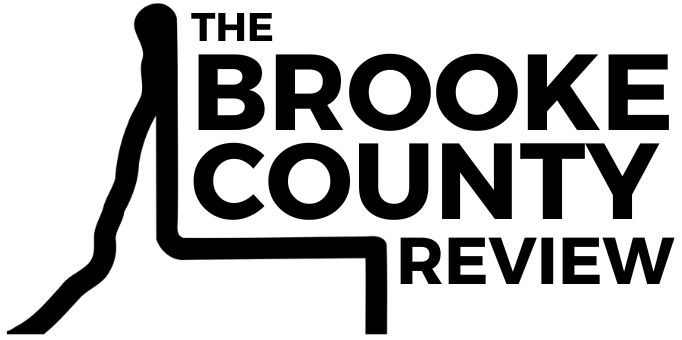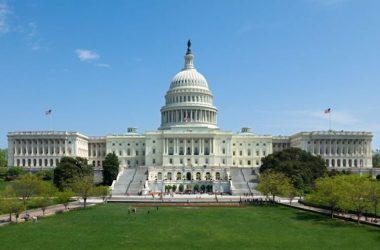By Matt Young, WV Press Association
CHARLESTON, W.Va. – The House Committee on Political Subdivisions, on Wednesday, advanced four bills that would impact local municipalities.
Sponsored by Del. Geno Chiarelli, R-Monongalia, HB 2782 would require that all municipal elections be held on the same day as state elections. However, Del. Evan Hansen, D-Monongalia, expressed his concerns regarding the bill’s potential for extending the terms of those currently holding elected offices.
“It’s fairly clear that you can’t extend the current terms of elected officials after they’ve been elected,” said Donald Kersey, general counsel with the W.Va. Secretary of State’s office. “There are 105 municipalities with elections this year. If this bill goes into effect this year, it would extend the terms of office for all of those elected municipal officials until the next regularly scheduled election in 2024.”
According to Kersey, while most elected municipal positions within the state are for a term of two years, some areas – including Morgantown and parts of McDowell County – have four-year termed positions. If passed as originally introduced, HB 2782 would have taken effect on July 1, 2023.
Delegates Geoff Foster, R-Putnam, and Chris Pritt, R-Kanawha, offered an amendment which would delay the effective date of the bill until Jan. 1, 2026.
“If there are four-year elections, then most likely one of them will not be past that 2026 date,” Foster explained.
SB 2782, complete with Foster and Pritt’s amendment, will now be reviewed by the House Judiciary Committee.
Next before the committee was HB 2842, which seeks to repeal the authorization of municipalities to require a specific activity license when a state license is required for the same activity.
After hearing committee counsel’s explanation of the bill, Del. Larry Rowe, D-Kanawha, said, “I’m wondering if we’re cutting out major fees that municipalities rely on, or if this is just an incidental fee that nobody charges anyway.”
Counsel replied: “Obviously it’s going to impact smaller municipalities more than big municipalities. With smaller municipalities, any hit that they take is going to disproportionally affect them.”
In response to Del. Walter Hall’s, R-Kanawha, question about the ability of municipalities to track businesses in their communities without the use of municipal licenses, counsel said, “I can’t think of another statute that would say, ‘You can set up another registry and mandate that businesses be part of it.’ That’s in the section you’re considering for repeal.”
After discussion, HB 2842 will now be referred to the House Committee on Government Organization.
HB 3134 was then considered by the committee. Sponsored by Del. Trenton Barnhart, R-Pleasants, the bill seeks to raise the bidding threshold for county public works projects from $25,000 to $50,000.
“This is not a good bill,” Del. Rowe said. “This is too high of a threshold for ‘good old boy’ deals and contracts, and there’s nothing that enhances the value of the city’s transactions or transparency. Basically, $50,000 is going to cover just about everything the city does, and it can go to the same contractor time after time after time. And I’m not sure why we wouldn’t want a city to bid if it’s a contract in excess of $25,000. It seems to me that the statute we have now is adequate and appropriate.”
Del. Barnhart spoke in favor of the bill, saying, “This raises it (bidding threshold) for the cost of inflation. It raises it for the cost of materials going up. It’s a reasonable bill. This is something that your small cities want to see.”
With no further discussion, HB 3134 will now be referred to the House Committee on Finance.
The final piece of business on the committee’s agenda was consideration of HB 2985. Sponsored by Del. John Williams, D-Monongalia, the bill seeks to establish “outdoor refreshment areas” for the consumption of “alcoholic beverages and non-intoxicating beer.”
As explained by counsel, “It’s based on the size of the municipality. If a municipality has more than 50,000 residents, there can be six of these areas in the city. If it’s less, there can be three.”
The bill would require two qualified Alcoholic Beverage Commission (ABC) permit holders to serve as “sponsors” for each designated outdoor refreshment area. The bill also includes a “fairs and festivals” provision for temporary usage.
A proposed amendment requiring every participating establishment within the outdoor refreshment area to be designated as a qualified permit holder was adopted by the committee. An additional amendment proposed by Del. Foster removing the provision that Class 1 legal ads be published as a requirement of designation was also adopted. HB 2985 will now be forwarded to the House Judiciary Committee for their consideration.



